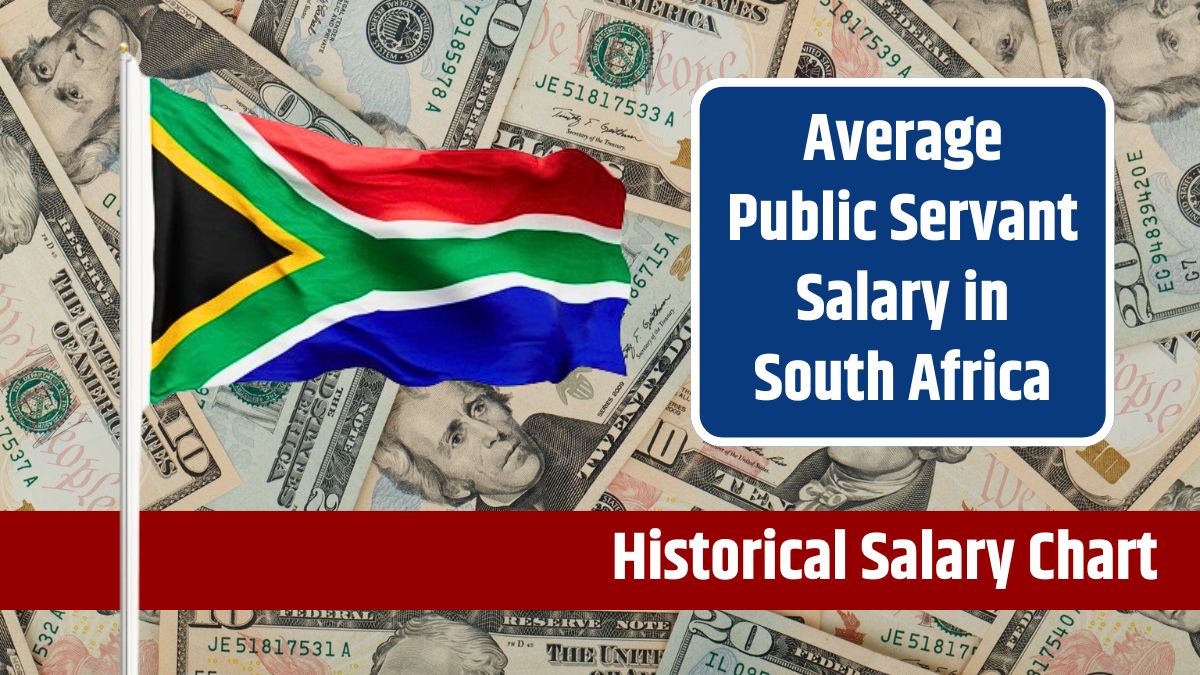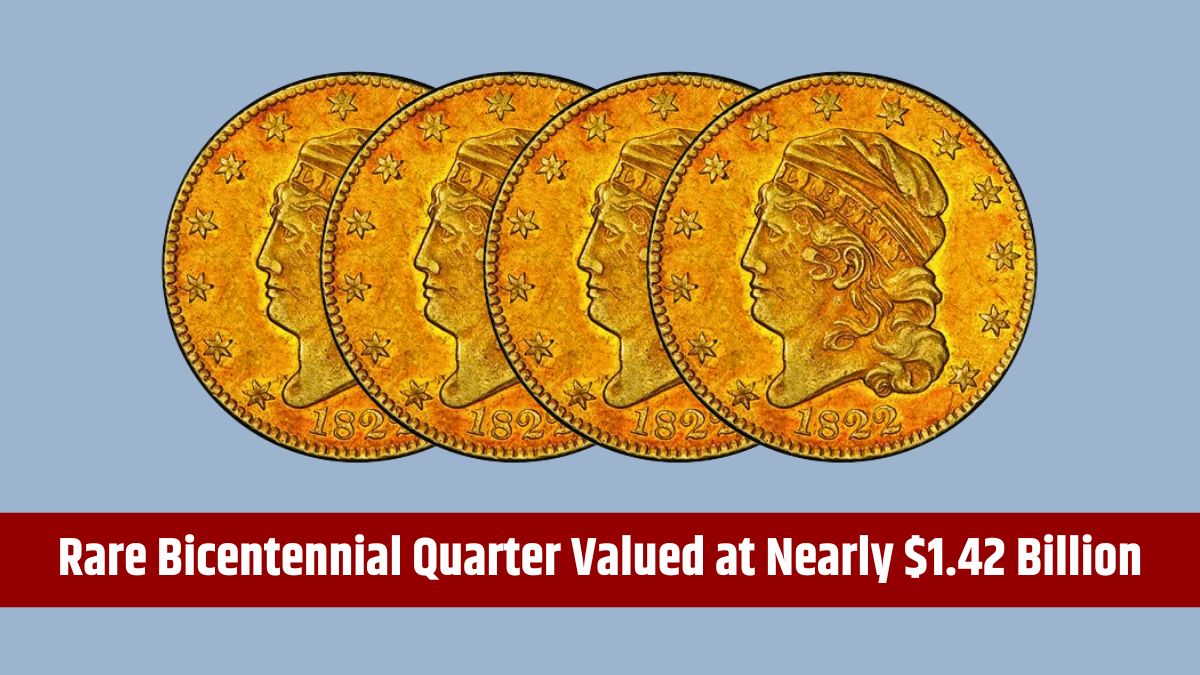South Africa’s job market offers opportunities in both public and private sectors, but government employment often comes with added benefits and job security. For those considering a career in public service, knowing the average salary and what to expect in terms of compensation is crucial. This article looks into the Average Public Servant Salary in South Africa, providing insights into the pay scales, benefits, and future salary trends.
Public Servant Salary
In South Africa, the public sector is known to offer slightly higher salaries compared to the private sector, with public servants typically earning about 7% more. The Average Public Servant Salary in South Africa ranges from 31,100 ZAR to 374,000 ZAR annually, depending on various factors such as job position, skill level, department, and location.
However, the salary spectrum in the country can vary widely. For example, entry-level positions may start at around 7,880 ZAR per month, while senior or highly skilled roles can command salaries up to 139,000 ZAR per month.
Government Sectors
Several sectors in South Africa offer employment opportunities for public servants, including:
- Finance
- Business Development
- Banking
- Mining
- Manufacturing
- Agriculture
- Information and Communications Technology (ICT)
Eligible candidates can apply for roles in these sectors based on their skills and qualifications. New employees often undergo a training period where they are introduced to their job responsibilities. During this probationary phase, they may not receive bonuses or incentives, but once they gain experience, salary increments and bonuses become part of the compensation package.
With the new fiscal year approaching, there has been widespread discussion about whether salaries will increase. It has been indicated that wages will rise by approximately 7.5%, considering factors such as the cost of living, inflation, and tax rates.
Allowances and Benefits
In South Africa, public servants are often entitled to various allowances and benefits, which can significantly enhance their overall compensation. Full-time employees, who typically work 40-45 hours per week, are eligible for statutory benefits and performance-based incentives.
The minimum wage for those starting work in May 2024 is set between R25.42 and R27.58 per hour. For overtime, employees can expect to earn 150% of their regular salary, which acts as a bonus for those who put in extra effort.
Allowances in South Africa are categorized as:
- Nontaxable allowances: These may include certain types of grants and benefits that are not subject to income tax.
- Taxable allowances: These are added to the gross salary and taxed accordingly, such as car allowances or housing stipends.
- Reimbursed allowances: These cover expenses incurred by employees in the course of their duties, such as travel costs.
Additionally, there are specific grants available for disabled individuals, low-income earners, and senior citizens to help them manage their living expenses.
Salary Trends
South Africa’s economy, with a GDP of $399 billion, ranks 36th globally. Although the economic growth rate has been modest, around 2% in 2022, the country continues to develop, especially in the service sectors. The unemployment rate, however, remains high at 32.1%, reflecting the challenges in the labor market.
The government is focused on improving the economic situation, with a projected fiscal deficit of 5.1% of GDP for 2024-25. To meet GDP requirements, an additional R15 billion is needed for the new financial year, largely generated from sectors like manufacturing, IT, and agriculture.
Salary Chart (ZAR/Month)
| Indicator | Data (ZAR/Month) |
|---|---|
| Regular Wages | 25,994 |
| Wages for High-Skilled | 22,600 |
| Wages for Low-Skilled | 22,731 |
| Manufacturing Wages | 4,380 |
These figures highlight the salary distribution across various levels of employment in South Africa. The trend has been towards gradual increases in salaries, especially as the service sectors continue to grow.
Financial Planning
For those looking to apply for government jobs, it’s essential to have the necessary qualifications, such as a degree or diploma in the relevant field. Current job openings are available in regions like Western Cape, Gauteng, and KwaZulu Natal, and candidates can apply through various online job portals.
Financial planning is also crucial for public servants. It’s advisable to invest in health insurance and start saving early in one’s career. Retirement planning, such as investing in mutual funds or purchasing property, can provide financial security in the later stages of life.
The public sector in South Africa offers competitive salaries and a range of benefits, making it an attractive option for many job seekers. By staying informed about salary trends and planning for the future, public servants can ensure they maximize their earnings and secure their financial well-being.
FAQs
What is the average public servant salary in South Africa?
The average ranges from 31,100 ZAR to 374,000 ZAR annually.
Which sectors offer government jobs in South Africa?
Sectors include finance, banking, mining, agriculture, and ICT.
Will public servant salaries increase in 2024?
Yes, salaries are expected to increase by about 7.5%.
What is the minimum wage in South Africa for 2024?
The minimum wage is set between R25.42 and R27.58 per hour.
How can public servants plan for retirement?
Invest in health insurance, save early, and consider property or mutual fund investments.
















